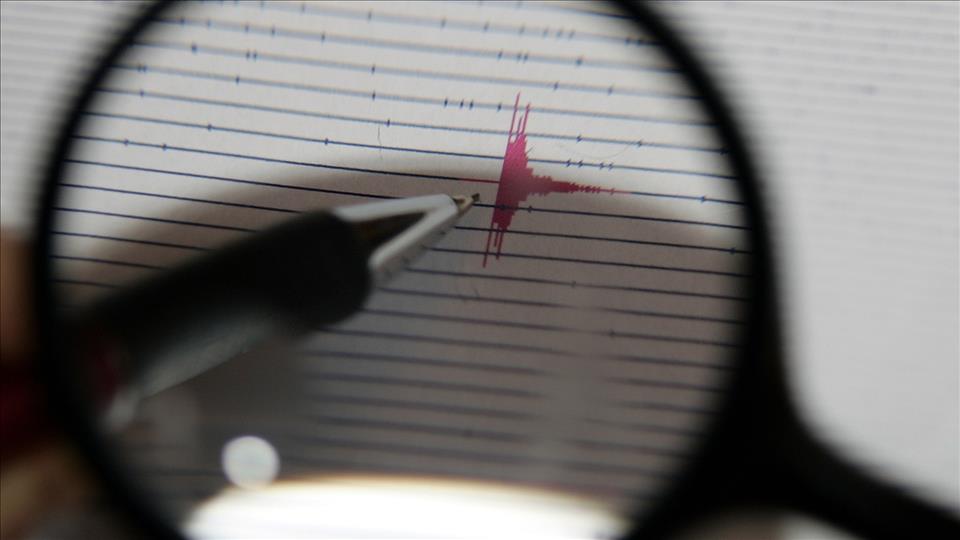Credit Suisse found guilty in cocaine money laundering case
BELLINZONA, Switzerland, June 27 (Reuters) – Credit Suisse (CSGN.S) was convicted by the Swiss Federal Criminal Court on Monday for failing to prevent money laundering by a Bulgarian cocaine trafficking gang in the country’s first criminal case against one of its major banks . Continue reading
A former employee was found guilty of money laundering in the trial, which included testimony about murders and cash stuffed in suitcases and is seen as a test case for prosecutors taking a harder line on the country’s banks.
The ruling is another headache for Switzerland’s second-largest bank, which is suffering billions in losses accumulated from risk management and compliance failures.
Sign up now for FREE unlimited access to Reuters.com
Federal prosecutor Alice de Chambrier welcomed the verdict as “good for transparency”.
Both Credit Suisse and the former employee had denied wrongdoing.
Credit Suisse announced that it would appeal the conviction. Continue reading
The judges examined whether Credit Suisse and the former employee did enough to prevent the cocaine trafficking gang from laundering profits across the bank from 2004 to 2008. read more
The court said Monday it found shortcomings within Credit Suisse both in terms of managing client relationships with the criminal organization and in terms of overseeing the implementation of anti-money laundering regulations.
“These shortcomings allowed the criminal organization’s assets to be deducted, which was the basis for convicting the former bank employee of qualified money laundering,” the court said.
“The company could have prevented the violation if it had fulfilled its organizational obligations,” the presiding judge said at the sentencing hearing, adding that the former employee’s supervisors had behaved “passively”.
Credit Suisse said the case arose from an investigation dating back more than 14 years.
“Credit Suisse continuously tests its anti-money laundering framework and has strengthened it over time in line with evolving regulatory standards,” the bank said.
“Generating compliant business growth in line with legal and regulatory requirements is critical to Credit Suisse.”
Credit Suisse was fined 2 million Swiss francs ($2.1 million). The court also ordered the confiscation of more than CHF 12 million worth of assets held by the drug gang in accounts at Credit Suisse and ordered the bank to hand over more than CHF 19 million – the amount that was not collected due to internal deficiencies could become Credit Suisse.
The court awarded the former employee, who cannot be named under Swiss data protection laws, a conditional prison sentence of 20 months and a fine for money laundering.
The presiding judge said she failed to fulfill her role in the bank’s “first line of defense”.
The former bankers’ lawyer said she would appeal the “baseless and unfair decision”, noting that she had made no financial gain.
“This ruling places the responsibility for money laundering on those without serious training or experience,” her attorney said.
Credit Suisse shares ended up 0.4% higher, while the European Banking Sector Index (.SX7P) gained 0.3%. They have fallen by more than 40% over the past year.
LEGAL ACTION
Corruption and money laundering experts had said that the fact that Switzerland had taken legal action against a global banking conglomerate like Credit Suisse could send a strong signal in a country known for its banking industry.
“This has the potential to be a turning point for Switzerland,” said Mark Pieth, a money laundering expert at the University of Basel, on the eve of the trial.
“What is significant about this case is that Switzerland is suing a company and not just any company – Credit Suisse is one of the jewels in the Swiss crown.”
Swiss private banks have introduced stricter money laundering controls to prevent money laundering following an international crackdown by regulators.
Under Swiss law, a company can be held liable for inadequate organization or failure to take all reasonable measures to prevent a criminal offense.
In the Credit Suisse case, prosecutors claimed the former relationship manager helped disguise the criminal origin of funds for clients through transactions totaling more than 146 million Swiss francs, including 43 million francs in cash, some stuffed in suitcases. Continue reading
The client advisor who left Credit Suisse in 2010 was not in the courtroom on Monday.
During court hearings in February, the former relationship manager said Credit Suisse learned of killings and cocaine smuggling allegedly linked to the Bulgarian gang but continued to manage cash that was at the heart of the trial.
The former banker said she briefed her managers on events during the hearings, including two murders related to the clients, but they decided to go ahead with the business anyway.
Credit Suisse has denied the illegal origin of the money, saying a former Bulgarian wrestler and his circle run legitimate businesses in construction, rentals and hotels.
($1 = 0.9594 Swiss Francs)
Sign up now for FREE unlimited access to Reuters.com
Reporting by Paul Carrel, Additional reporting by Brenna Hughes Neghaiwi and John O’Donnell; Editing by Michael Shields and Jane Merriman
Our standards: The Thomson Reuters Trust Principles.

/cloudfront-us-east-2.images.arcpublishing.com/reuters/QSSZ4UU44BNO3HIFRUZUFJLG34.jpg)


